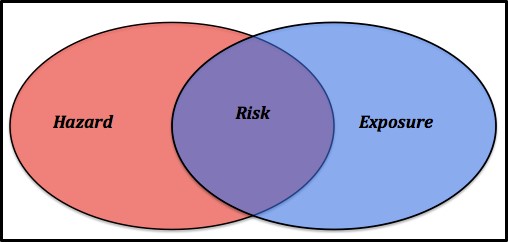On 29 July 2020, Drs. Neil Canter, John Howell, and I, and Mr. Bill Woods presented an STLE webinar panel discussion about reducing COVID-19 risk in the metalworking workplace environment. You can access the webinar at: https://www.stle.org/files/TLTArchives/2020/10_October/Webinars.aspx?WebsiteKey=a70334df-8659-42fd-a3bd-be406b5b83e5.
Last week Ms. Vicky Villena-Denton, Editor-in-Chief at F & L Asia, Ltd., interviewed me as episode six of the F + L Webcast series. During the interview,…




